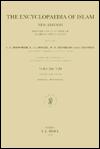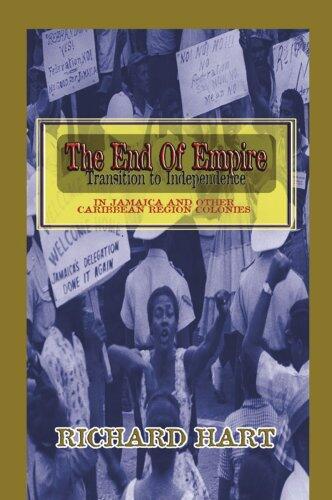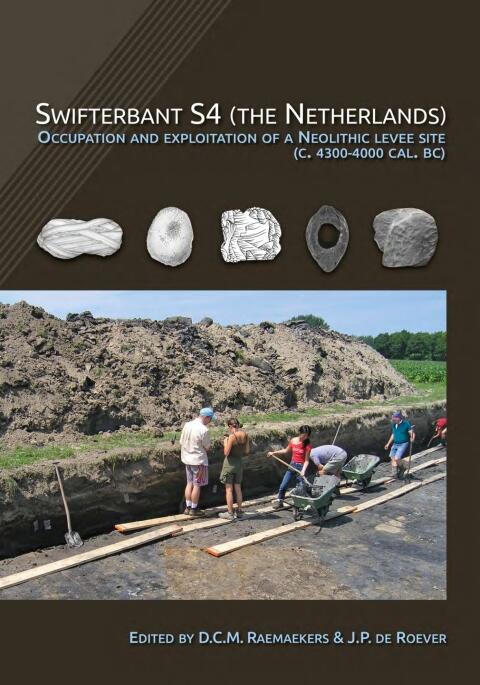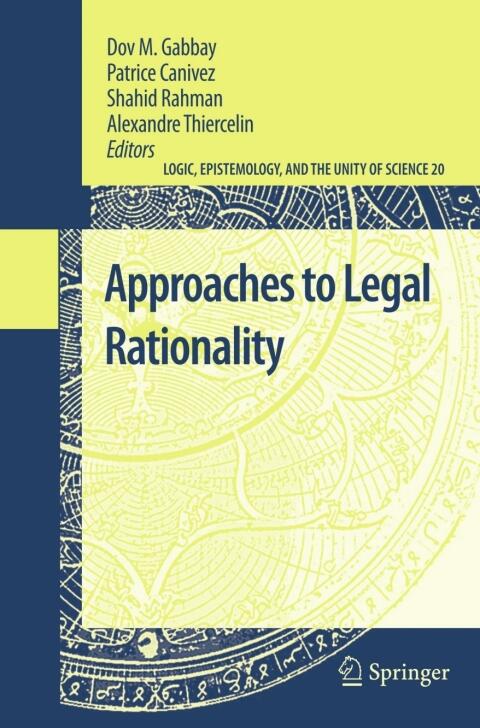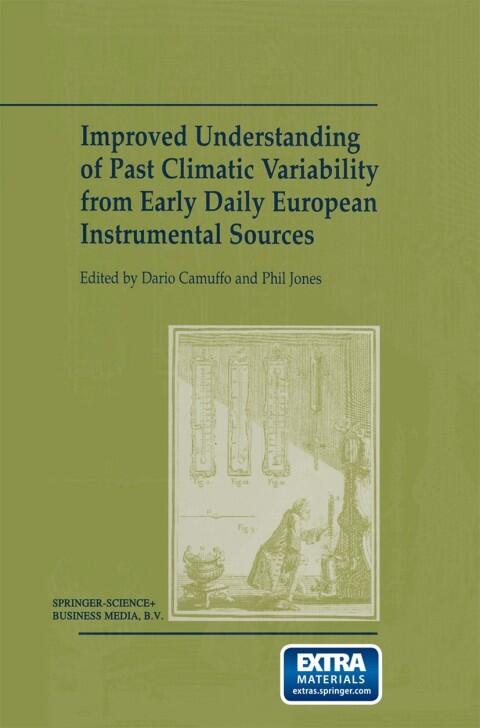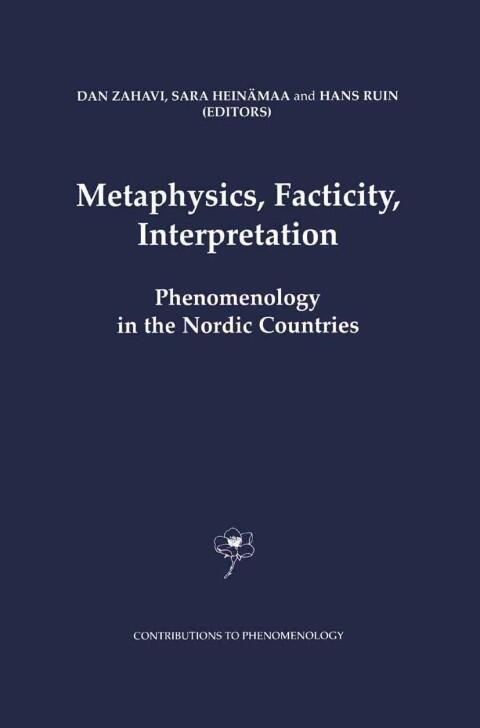
Dealing with Wars and Dictatorships: Legal Concepts and Categories in Action
بواسطة
R. Schleifer
لا توجد تقييمات بعد
History
تنسيق
كيندل
صفحات
281
لغة
الهولندية، الفلمنكية
منشور
Jan 1, 2013
الناشر
T.M.C. Asser Press
الطبعة
2014
رقم ISBN-10
9067049301
رقم ISBN-13
9789067049306
الوصف
The exploration of democratic transitions in regions like Latin America, Eastern Europe, and South Africa provides a compelling backdrop for discussions on the complexities of governance in the face of wars and dictatorships. The author delves into the legal frameworks that have emerged in these tumultuous landscapes, analyzing how nations grapple with the aftermath of oppressive regimes and the pursuit of justice.
By examining pivotal historical moments, the work sheds light on the mechanisms through which societies strive to redefine themselves after periods of conflict and authoritarian rule. The author emphasizes the role of legal concepts in shaping these transitions, highlighting examples of both successful and challenging endeavors to foster democracy and human rights amidst relational chaos.
Through thought-provoking insights, the narrative invites readers to reflect on the broader implications of legal actions in transitioning societies, urging a deeper understanding of how law operates as both a tool of change and a battleground for contested power dynamics. The discourse not only enriches the academic landscape but also serves as a resource for those seeking to comprehend the intricate relationship between law, politics, and societal transformation.
By examining pivotal historical moments, the work sheds light on the mechanisms through which societies strive to redefine themselves after periods of conflict and authoritarian rule. The author emphasizes the role of legal concepts in shaping these transitions, highlighting examples of both successful and challenging endeavors to foster democracy and human rights amidst relational chaos.
Through thought-provoking insights, the narrative invites readers to reflect on the broader implications of legal actions in transitioning societies, urging a deeper understanding of how law operates as both a tool of change and a battleground for contested power dynamics. The discourse not only enriches the academic landscape but also serves as a resource for those seeking to comprehend the intricate relationship between law, politics, and societal transformation.


